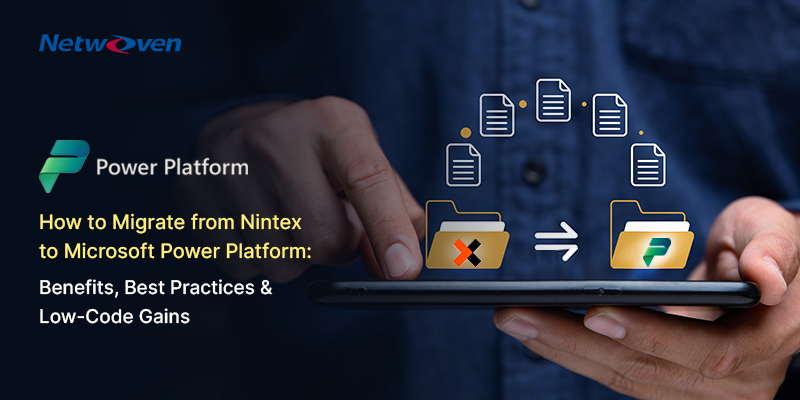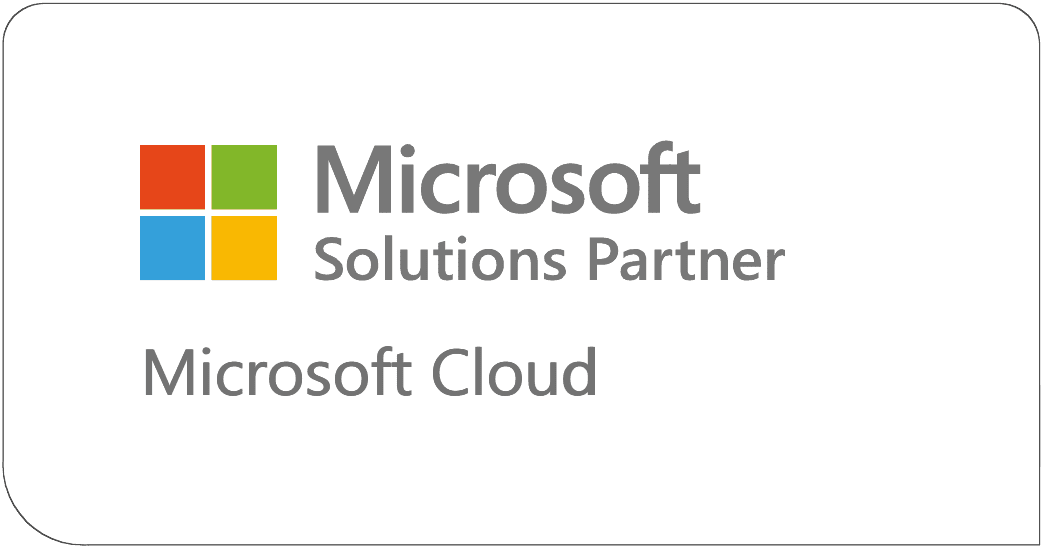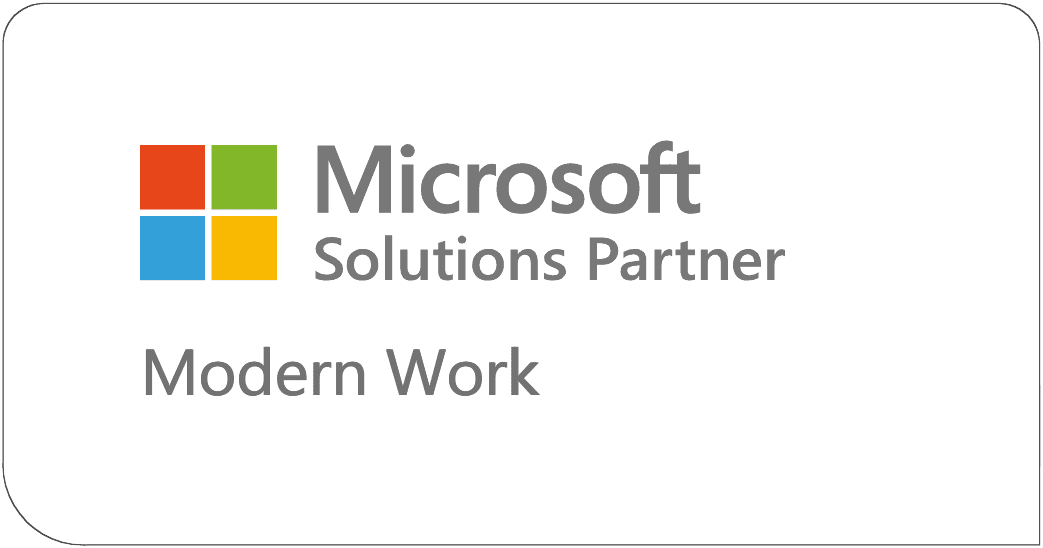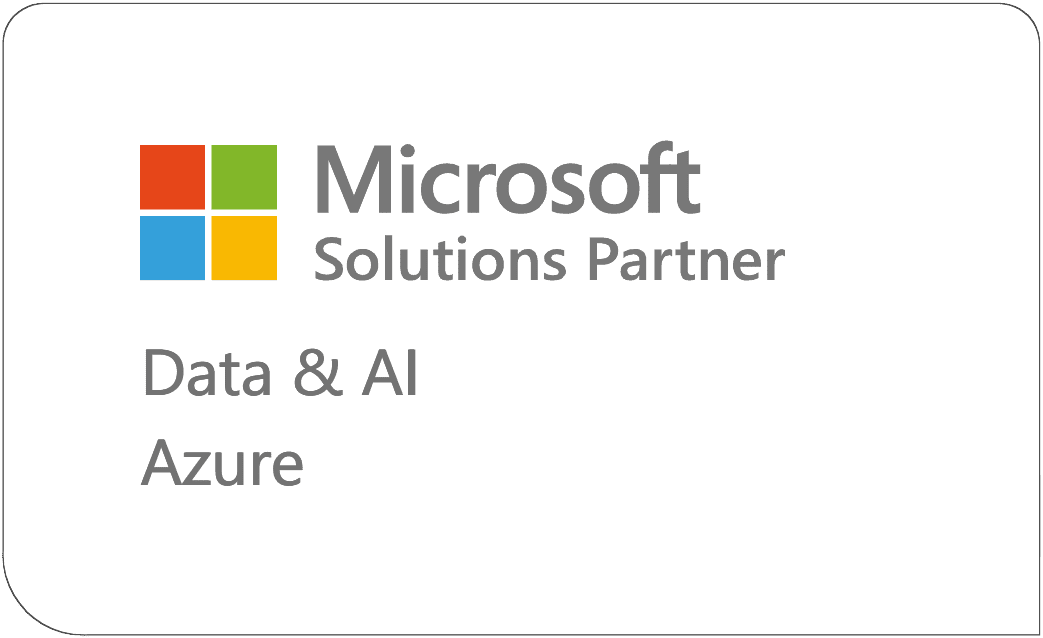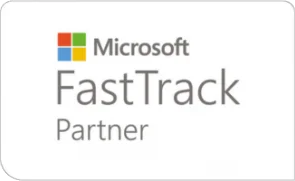In today’s interconnected business landscape, a typical manufacturing supply chain operates as a complex network involving multiple stakeholders. This network encompasses manufacturers, suppliers, distributors, logistics providers, and other entities involved in the production and delivery of goods. Along with the physical flow of materials and products, there is also a significant exchange of sensitive and valuable data that occurs throughout the supply chain.
The data exchanged in a manufacturing supply chain can be highly confidential and critical to the success of the business. It includes product designs, intellectual property, customer information, financial records, production schedules, inventory data, and more. This data holds immense value and is a prime target for unauthorized access, theft, or manipulation by malicious actors.
Ensuring the supply chain information security of this data is paramount to protect the interests of all parties involved in the supply chain. Unauthorized access to sensitive information can lead to severe consequences, such as intellectual property theft, compromised customer data, financial losses, reputational damage, and legal repercussions. Therefore, implementing robust security measures becomes essential to mitigate risks and maintain the integrity of the data.
The organization can implement Microsoft Purview Information Protection to discover, classify, and protect sensitive data wherever it lives or travels. These information protection capabilities give you the tools to know your data, protect your data, and prevent data loss.
The supply chain for the suppliers can be multi-level and the organization sharing the data most likely will not know their entire supply chain hierarchy. If the highly sensitive data is protected only for the direct tier, their sub-tiers will not be able to consume the protected data, adversely affecting the sourcing of the parts. In lieu of today’s supply chain woes, the organization cannot afford to negatively impact the supply chain.
In order to have a robust supply chain information security flow and not negatively impact the supply chain, the organization requires to build a sub-tier management system that would allow the direct suppliers to input the domains of their sub-tiers.
The organization can create Microsoft 365 (M365) Groups based on the direct suppliers and use the sub-tier domains to maintain the dynamic memberships.
The Microsoft 365 Groups can be used in securing sensitive data for a particular supplier or several suppliers. Since the Groups already have the sub-tier suppliers’ domains part of dynamic membership, the direct supplier can securely share the data with their sub-tiers.
Netwoven built a sub-tier management application for a large manufacturer. The application had these key features –
- Self-service sub-tier management for direct supplier. Supplier can add, edit, block, and delete their own sub-tier data including domains.
- Administrators can globally block supplier domains.
- Auto-sync the direct suppliers and sub-tiers additions, updates, and deletions to Azure AD portal as M365 Groups and dynamic rules.
- Power BI reports to analyze the sub-tier data.
As mentioned earlier, the M365 Groups were used in securing sensitive data using Microsoft Purview Information Protection Sensitivity Labels.
As an additional benefit, the client got an insight into who in their extended supply chain is consuming the sensitive data.

Netwoven’s solution thus uses Microsoft technology components most adroitly creating a holistic business model adding significant value to the supply chain management process. Please reach out to us for more information.



